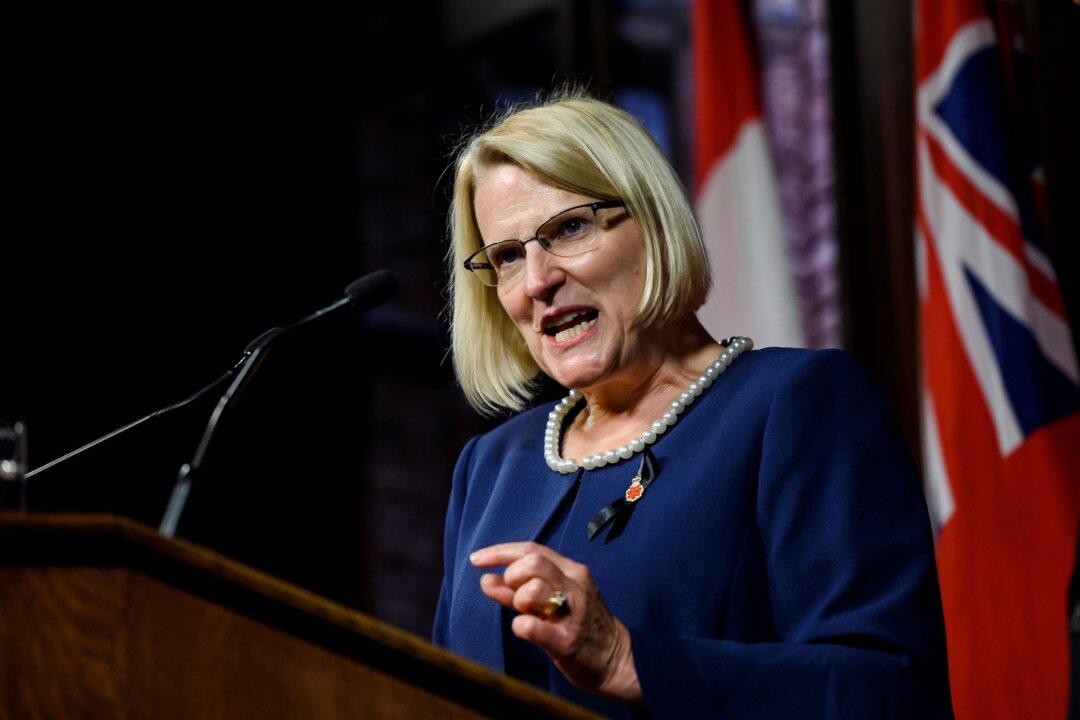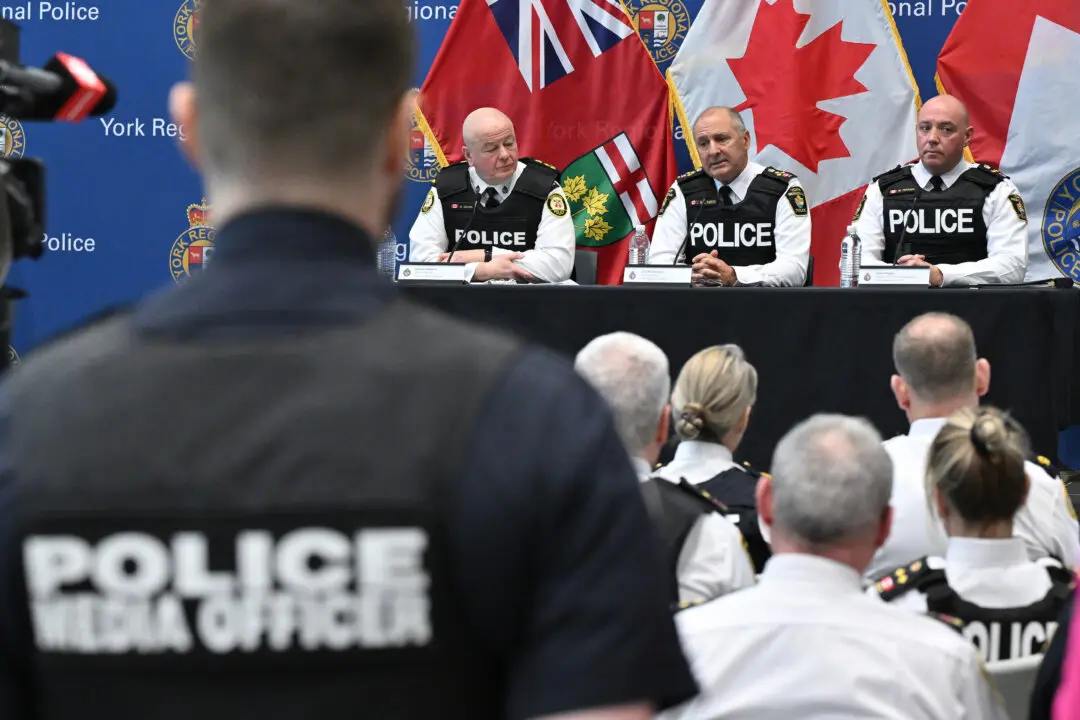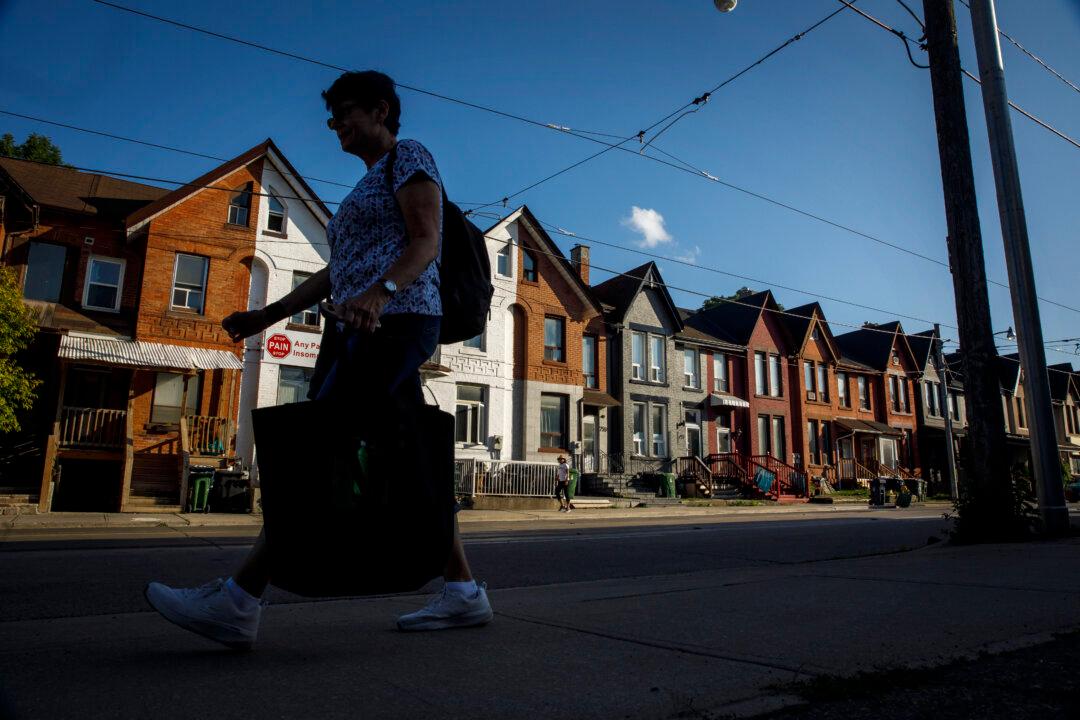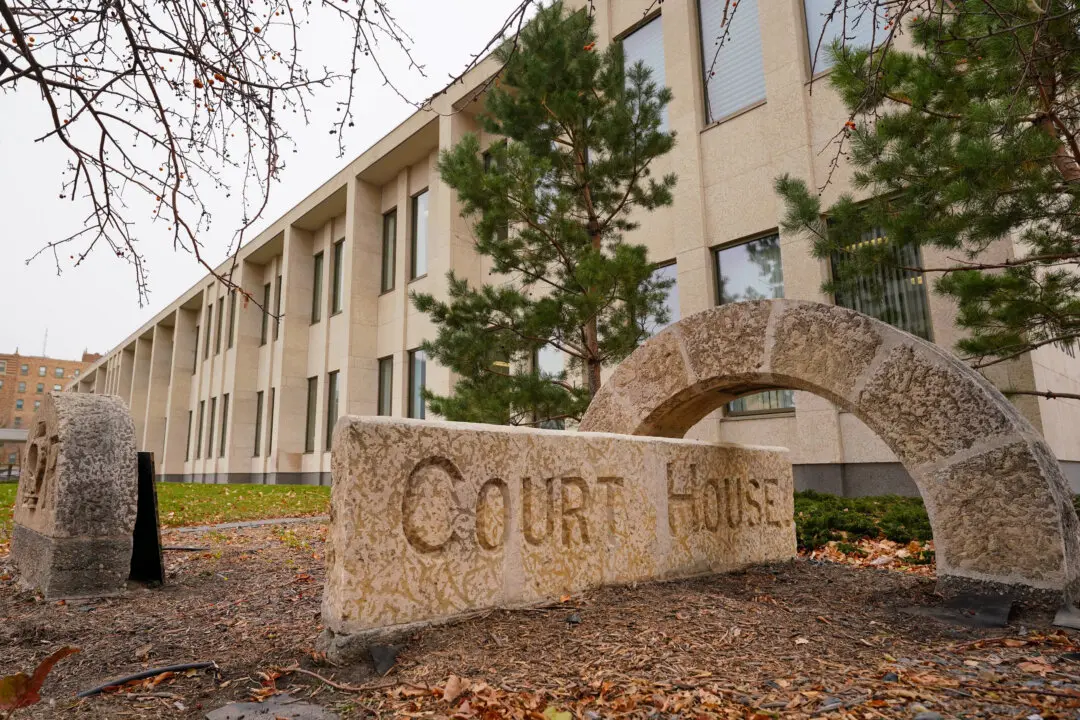The Ontario government is warning Toronto to drop its “dangerous” drug decriminalization application with Health Canada.
Provincial Health Minister Sylvia Jones and Solicitor General Michael Kerzner penned a letter to the city’s medical officer of health this week, warning Toronto Public Health against pursuing the matter any further.





